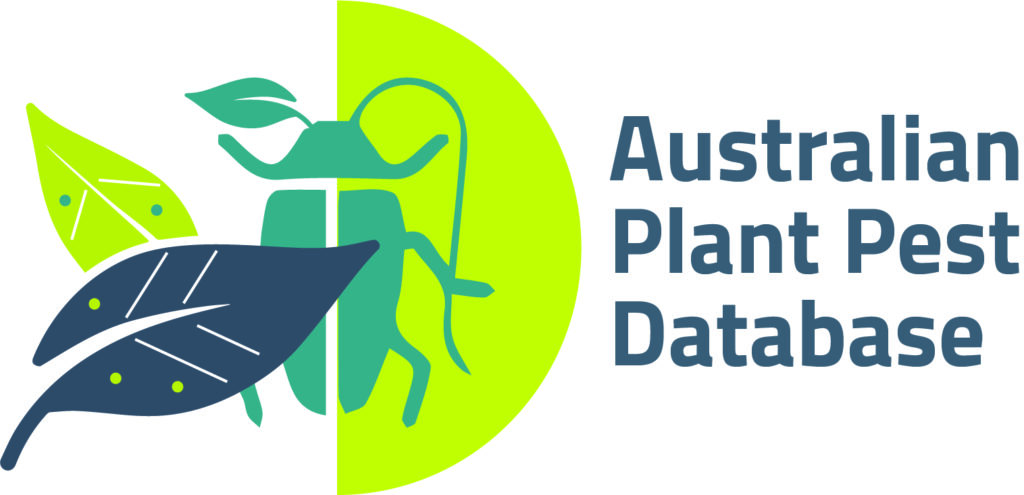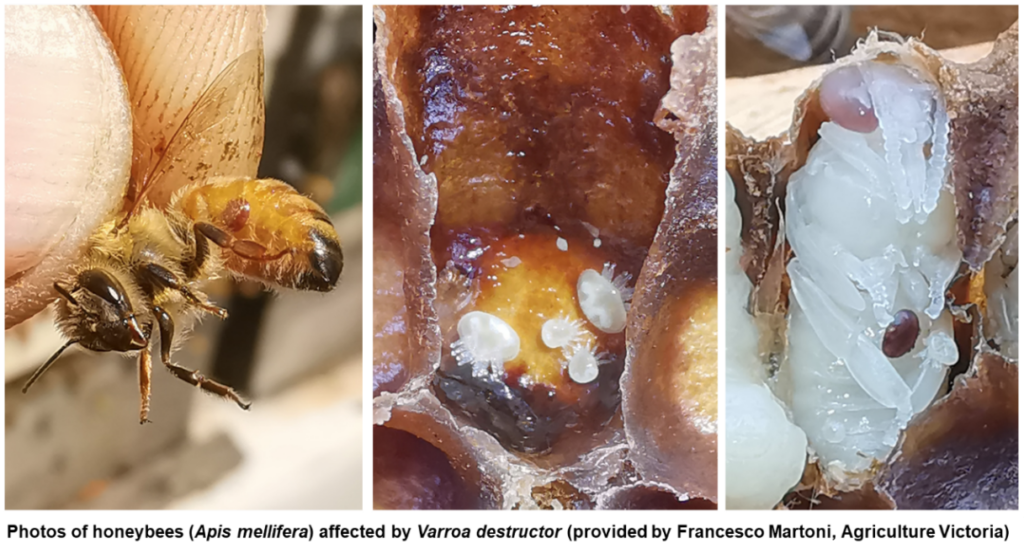Three shoulder workshops will be held before the commencement of the Annual Diagnostic Workshop (ADW) 2024 on Tuesday, 19 March 2024. These workshops will be run concurrently from 9.00am – 11.00am (AEST), details as follows:

Workshop 1 – The fundamentals of the Australian Plant Pest Database (APPD).
Date: Tuesday, 19 March 2024
Format: In-person
Details:
As a national online database that contains information on vouchered specimens of plant pests and pathogens, the Australian Plant Pest Database (APPD) is of strategic importance to Australia’s national biosecurity system. With close to 1.5 million records, the APPD enables users to rapidly locate information on voucher specimens for invertebrates and pathogens that affect plants of economic and ecological significance. This, in turn, supports the accurate diagnosis of plant pests and diseases for regulatory and management purposes, and determination of pest status.
The APPD workshop will provide approved system users with training in the functions and use of the APPD.
What to bring: A laptop is required to navigate through the APPD system during the workshop
Eligibility: Restricted to APPD members.

Workshop 2 – National Diagnostic Protocol (NDP) development and review
Date: Tuesday, 19 March 2024
Format: in-person
About:
National Diagnostic Protocols (NDPs) are an integral component of Australia’s plant biosecurity system as they are developed for use in Australia, enabling consistent and accurate identification of pests and diseases with increased confidence in diagnostic outcomes. The protocols contain detailed information about a specific plant pest or group of plant pests to allow accurate taxonomic identification. They provide information on pest host range, taxonomic status, and verified methods of detection and identification based on the best available data. More recently, NDPs have also started to include diagnostic information to support surveillance activities. The NDP endorsement is a rigorous process, involving multiple stages of review and a verification stage, of which many people may not be aware. To address the knowledge gaps in NDP development and review, and to encourage more experts to get involved in developing them, a workshop will be run at the Annual Diagnostic Workshop (ADW) 2024 and will involve:
- Discussion(s) with experienced NDP authors, the NDP coordinator, and the Diagnostic Protocol Working Group.
- Presentations on the NDP reference standards, including details on the review and verification process
- Panel discussions with experienced NDP authors discussing the challenges they experienced while authoring, validating, or reviewing NDPs and how they overcome them.
- A breakout mentoring session composed of a mixture of NDP experts and novices
Eligibility: Open to all NPBDN members, subject to availability.

Workshop 3 – Rapid molecular assays to detect Honeybee mites
Date: Tuesday, 19 March 2024
Format: Hybrid
About:
Bee mites such as Varroa destructor, V. jacobsoni, Tropilaelaps mercedesae, T. clareae and Acarapis woodi threaten bee health by feeding on the insects internally or externally, and also by carrying and spreading bee infections (e.g., viruses). Current methods to detect and identify bee mites are primarily morphological with few molecular-based diagnostic assays available to triage biosecurity samples.
Over the past two years, a collaborative project between CSIRO and the Department of Agriculture, Fisheries and Forestry (DAFF) has focused on developing molecular-based assays to detect the five priority honeybee mites listed above. This project evaluated different nucleic acid extraction methods and developed species-specific multiplex real-time PCR assays to detect and differentiate these mites.
This workshop aims to increase the molecular capabilities of national diagnostic laboratories to detect V. destructor, V. jacobsoni, Tropilaelaps mercedesae, T. clareae, and Acarapis woodi by:
- Providing an overview of the different gDNA extraction techniques that could be used to extract DNA from honeybee swarms
- Demonstrate multiplex real-time PCR assays
- Provide primers and positive control material post-workshop to assist in test adoption and to increase biosecurity preparedness of laboratories in Australasia
Eligibility: Open to entomological diagnosticians across Australia, subject to availability.
Note: A laboratory-based workshop will be run post-ADW 2024 for entomology diagnosticians from biosecurity diagnostic laboratories who are not experienced in molecular diagnostic techniques. Details TBC.
Need more information? Please contact npbdn@phau.com.au